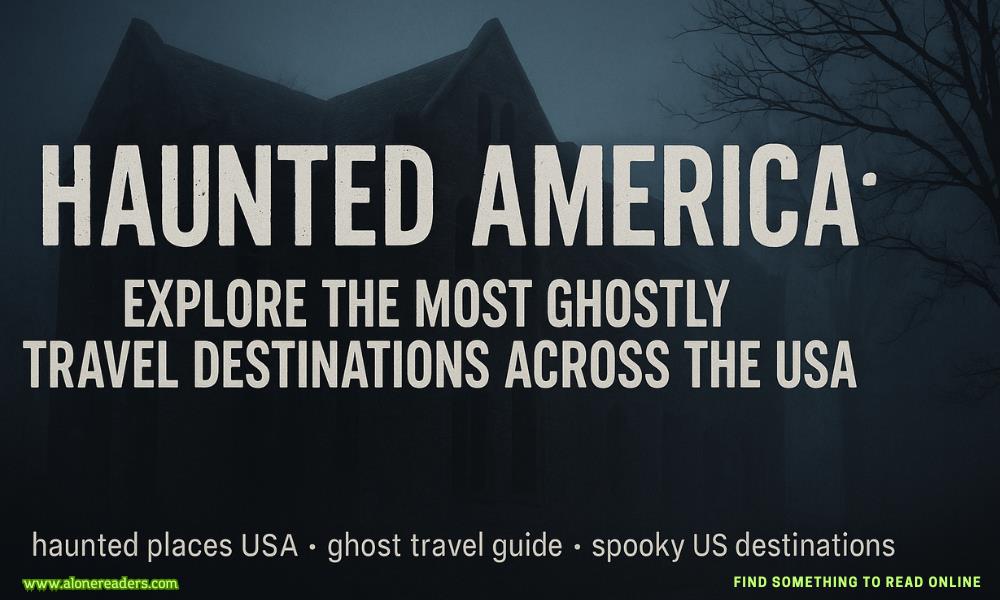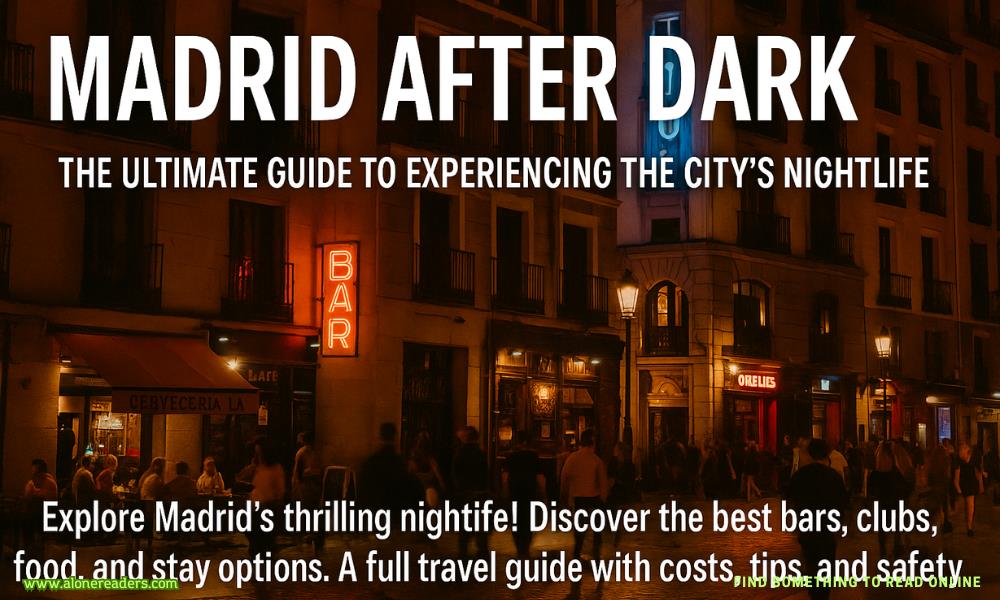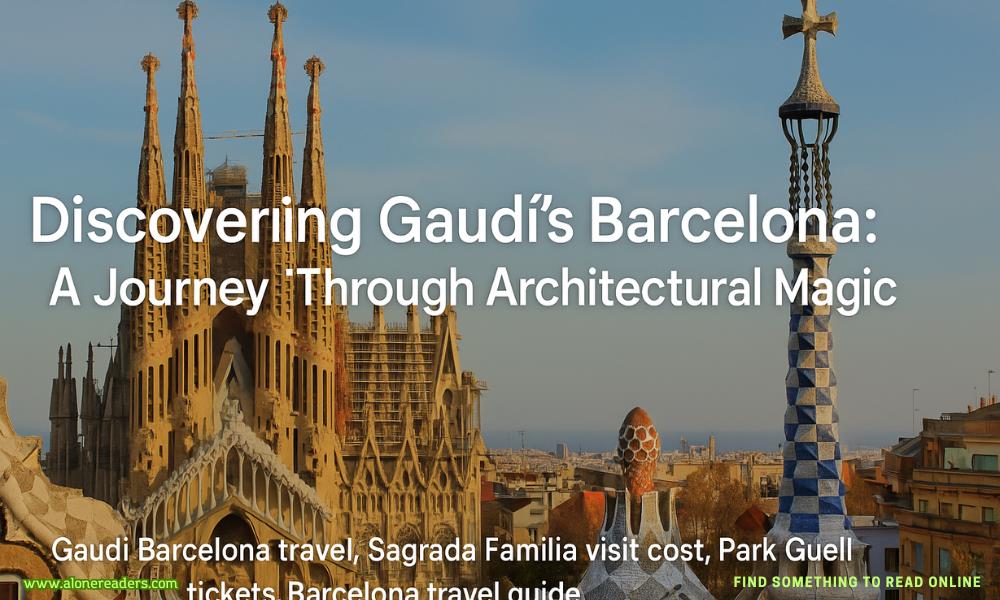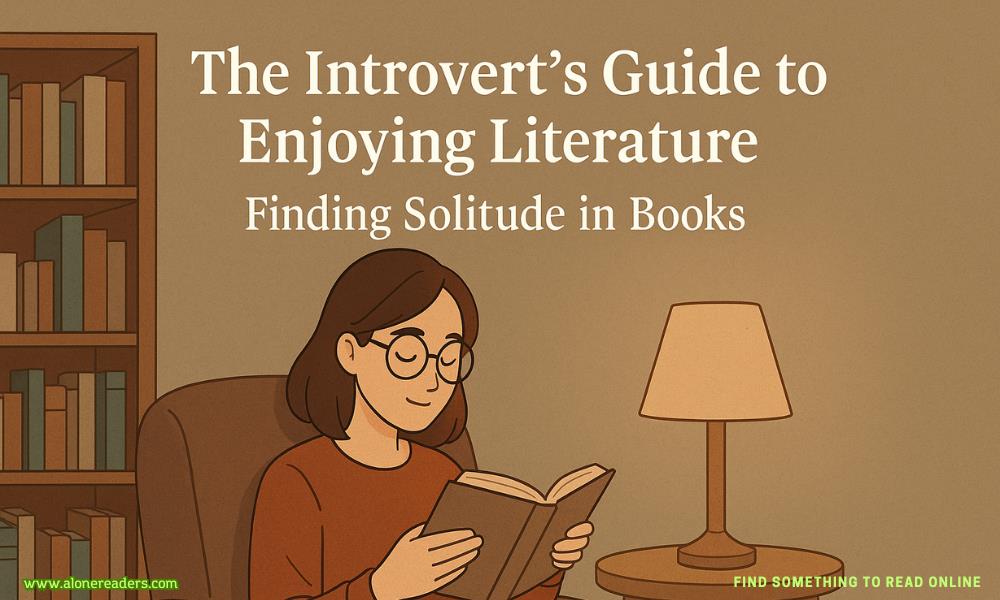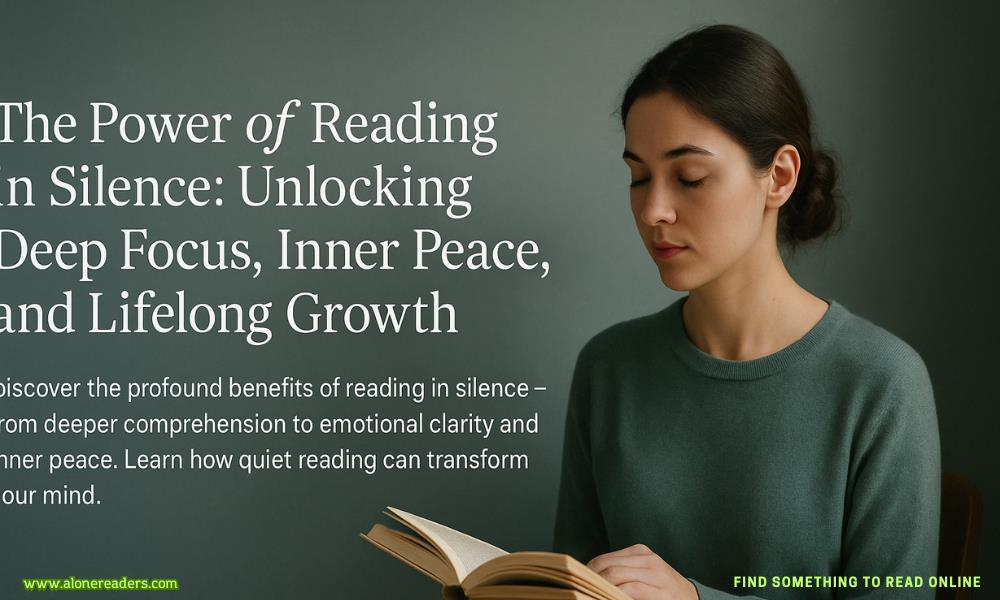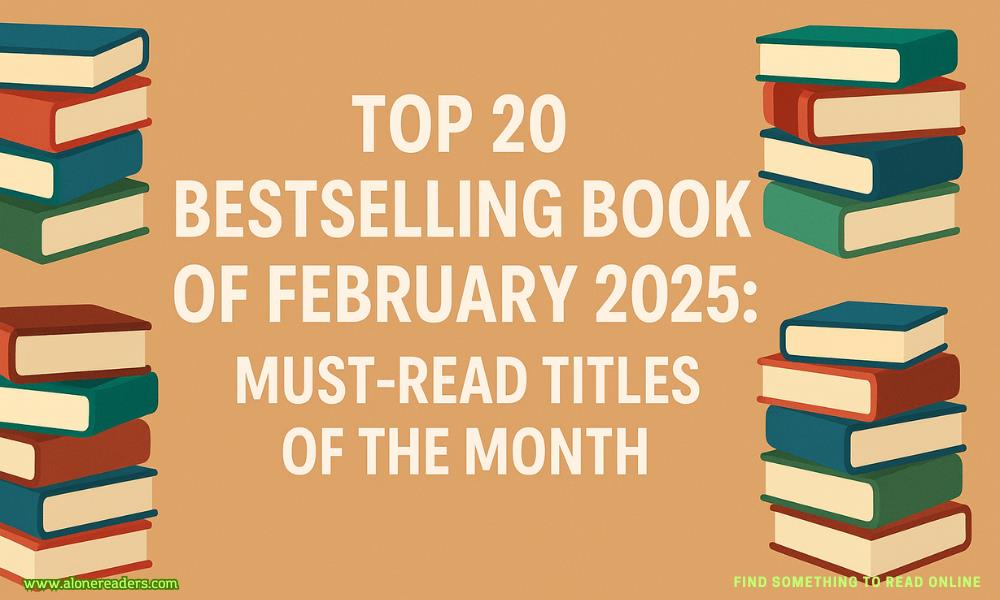Page 89 of Six Wild Crowns
Mary sighs. “Fine. You’re set on this. I understand. Just… don’t lose your mind in there. Whatever she tells you.”
“Are you accusing me of being rash, sister?”
“Well, you did decide to seduce a king after five minutes of knowing him. And given what’s happened since, some might call that ill-advised, yes.”
“We must trust Boleyn,” George says. “And for Cernunnos’s sake can we please not argue.”
He strides off into the trees, Mark following. The rest of them lapse into silence, so the only sound is of Urial launching himself into the air and spinning furiously to make Elizabeth giggle. Rochford holds herself apart from the sisters. Boleyn wonders: could Rochford have followed them to the mines on horseback that morning, and caused the explosion?
The silver doors slide open and Wolsey appears, more animated than Boleyn has ever seen him. He springs down the steps to her.
“I am for ever indebted to Your Majesty,” he says.
“You are most welcome, my lord,” she says, taking Elizabeth from Mary and climbing the steps for her own turn. Wolsey follows her like a lapdog. She turns on him just before the doors, pressing a hand to his chest.
“No, no, Master Wolsey. I allowed you your prophecy in private. Now you will allow me mine. Our secret, remember?”
She almost laughs at his shock. He was so preoccupied with his own desires that he did not see the pact he was making. Perhaps he could not conceive of a woman outmanoeuvring him. Still, he can do nothing now, or Boleyn will simply inform Henry that a commoner had taken it upon themselves to consult with the Oracle of Evenesis. She has him caught.
Inside the dome, incense holders swing in pendulums from the ceiling. There is no altar at the far end, as Boleyn had imagined. Instead, in the middle of the room is a hexagonal font. The place appears to be empty, but there is no door other than the one Boleyn entered through. If the oracle was in here, she could not have left without being seen.
“The Queen of Brynd seeks an audience with the oracle,” Boleyn calls.
When the reply comes, it has no origin. It comes from the walls, from the pendulums, from the incense they waft.
“On whose behalf do you seek my counsel? For yourself, or for your daughter? You cannot do both.”
“Why can I not do both?” Boleyn says. She fingers the purse at her belt. She brought enough gold to bribe an army.
The voice laughs. “You could offer me the coronet on your head and I could not give you both prophecies, Queen.”
Boleyn whirls around, pulling Elizabeth to her chest, cradling her head, as though it were Elizabeth whose treacherous thoughts the oracle was reading.
“Show yourself,” Boleyn says.
“Or what?” the voice replies. Boleyn thinks it is curious, not cruel. It is not a voice to be threatened or bargained with.
“Please,” Boleyn says.
There’s a pause, and then a woman steps out of the misted air, directly in front of Boleyn. Her skin is faintly green, like the kelpies who aided Boleyn’s labour, her hair a scalp of close-cropped spikes. She wears a loose, thin gown of taffeta that is fastened at the belly. Boleyn’s gaze, though, is drawn to her eyes,which are wholly white, and drift like the incense from whence she stepped.
The women regard each other in silence. The oracle’s power is the stoic sovereignty of a withered tree. Boleyn has never felt girlish before, but she does now.
“Have you decided which prophecy you wish to hear?” the oracle says eventually. “Have you decided that you trust me enough to ask for yourself?”
“Why can’t I hear both prophecies?” Boleyn asks.
The oracle holds her arms out for Elizabeth. Boleyn gives the baby to her. Whatever else she may be or do, it is not in the oracle’s interest to hurt the child.
“A prophecy is not a fixed point,” the oracle explains. “It is a deed. In every future I foretell, I set in motion a series of events that change all prophecies that come thereafter. That is why I give all who visit me the choice to hear what I have to say, for in choosing not to hear, the very future I had foreseen for them may cease to exist.”
Boleyn considers this. “So you are saying that telling me one prophecy might change the other?”
“Can there be any future more intertwined than that of a parent and their child? Your actions, your choices, will determine Elizabeth’s actions and choices in the years to come. She will learn who she is from you.”
Elizabeth gurgles in the oracle’s arms. Even though Boleyn never breastfed her, and her milk has long dried, the sound echoes in her breasts. She is so little, so full of promise. Boleyn remembers Seymour’s description of the Princess Tudor as she recited the oracle’s prophecy about her. Boleyn thinks of how such a prophecy might bind Elizabeth rather than free her – bind her in webs of bitterness or anxiety, or ambition too powerful to allow joy. She sees how that prophecy set in motion everything that has happened since: Seymour’s coming to Brynd; their friendship; and how without Seymour’s friendship, Boleyn is not certain that she would have chosen to move against Henry when she learned the truth about the queens and the ancient magic that binds them to Elben’s bordweal.
“Tell me what I have really come here for,” she says.
- Lily and the Duke by Carole Mortimer
- Claimed By Daddy by J.L. Quick
- Room One Hundred and Twenty-Five: All Access by Layne Daniels
- Pleasing Him by S.E. Law
- Knocked-Up Bratva Bride by Veda Rose
- A Touch of Fate by Cora Reilly
- Tamed By A Knight by Lena Little
- Forced & Knocked-Up Bratva Bride by Lexi Carter
- Forced Innocent Bride By the Bratva by Lexi Carter
- Chain Me by Bianca Cole
- Dirty Little Sinner by Samantha Barrett
- Sinister Promise by Zoe Blake
- Black Flag by Shey Stahl
- Happy Hour by Shey Stahl
- How to Deal by Shey Stahl
- Love Complicated by Shey Stahl
